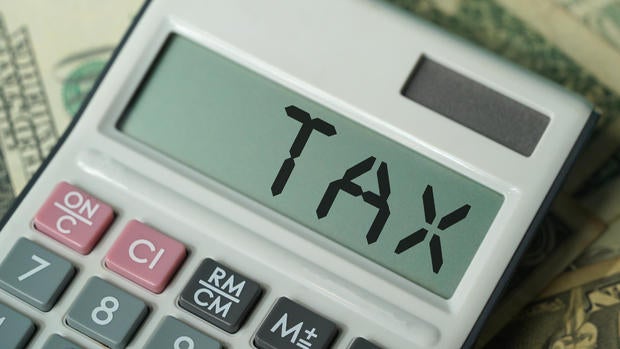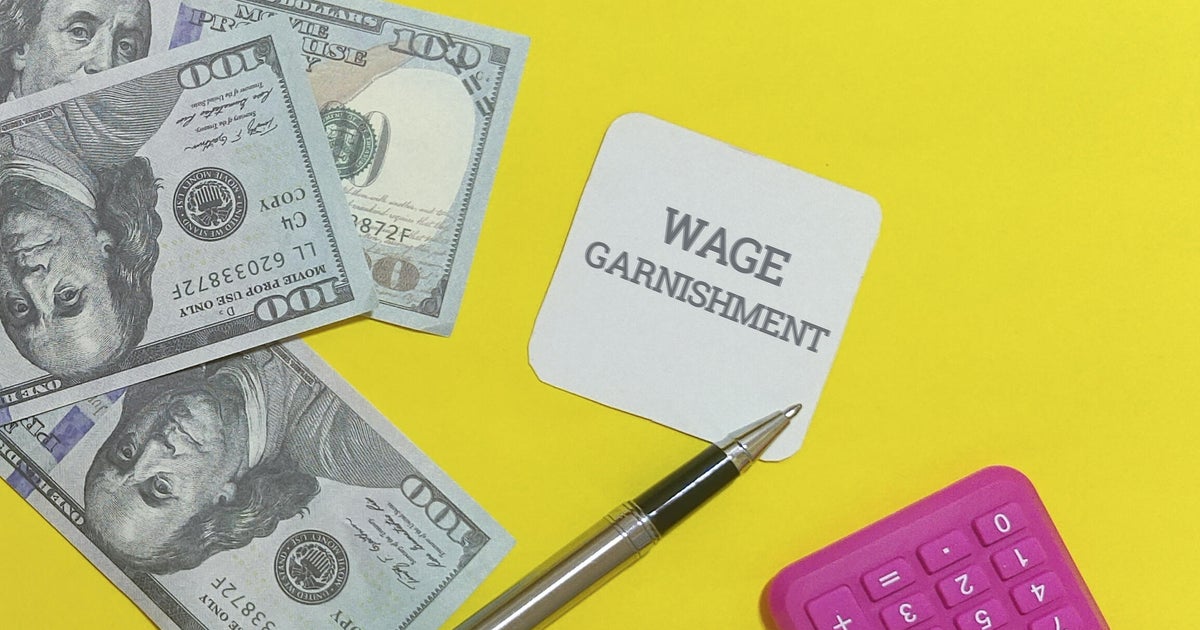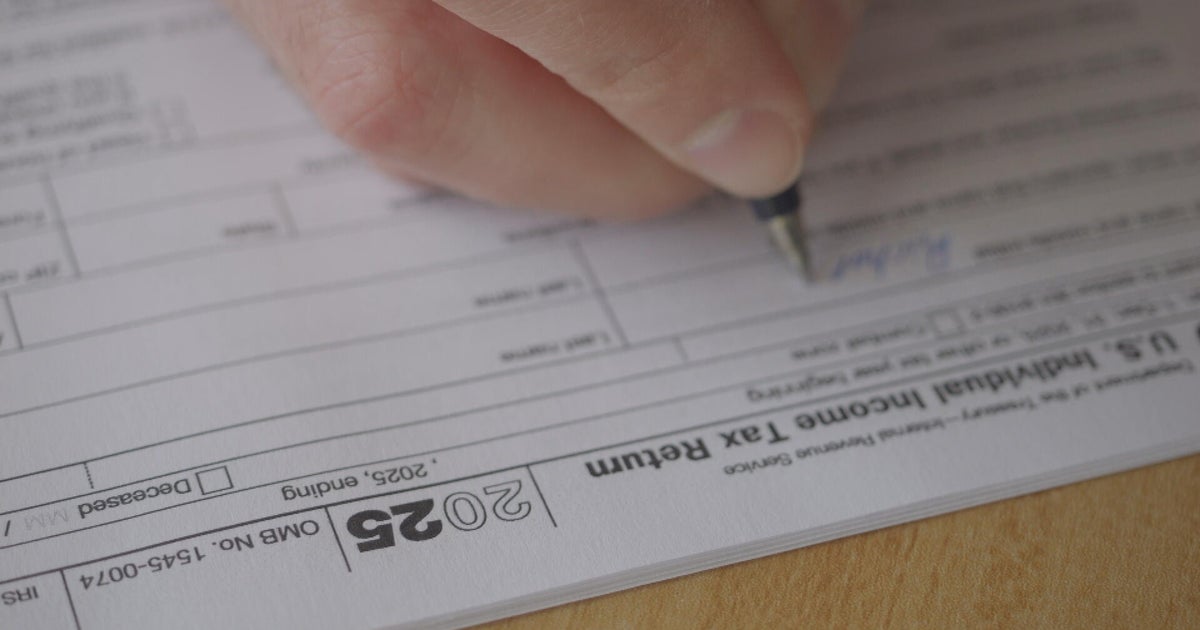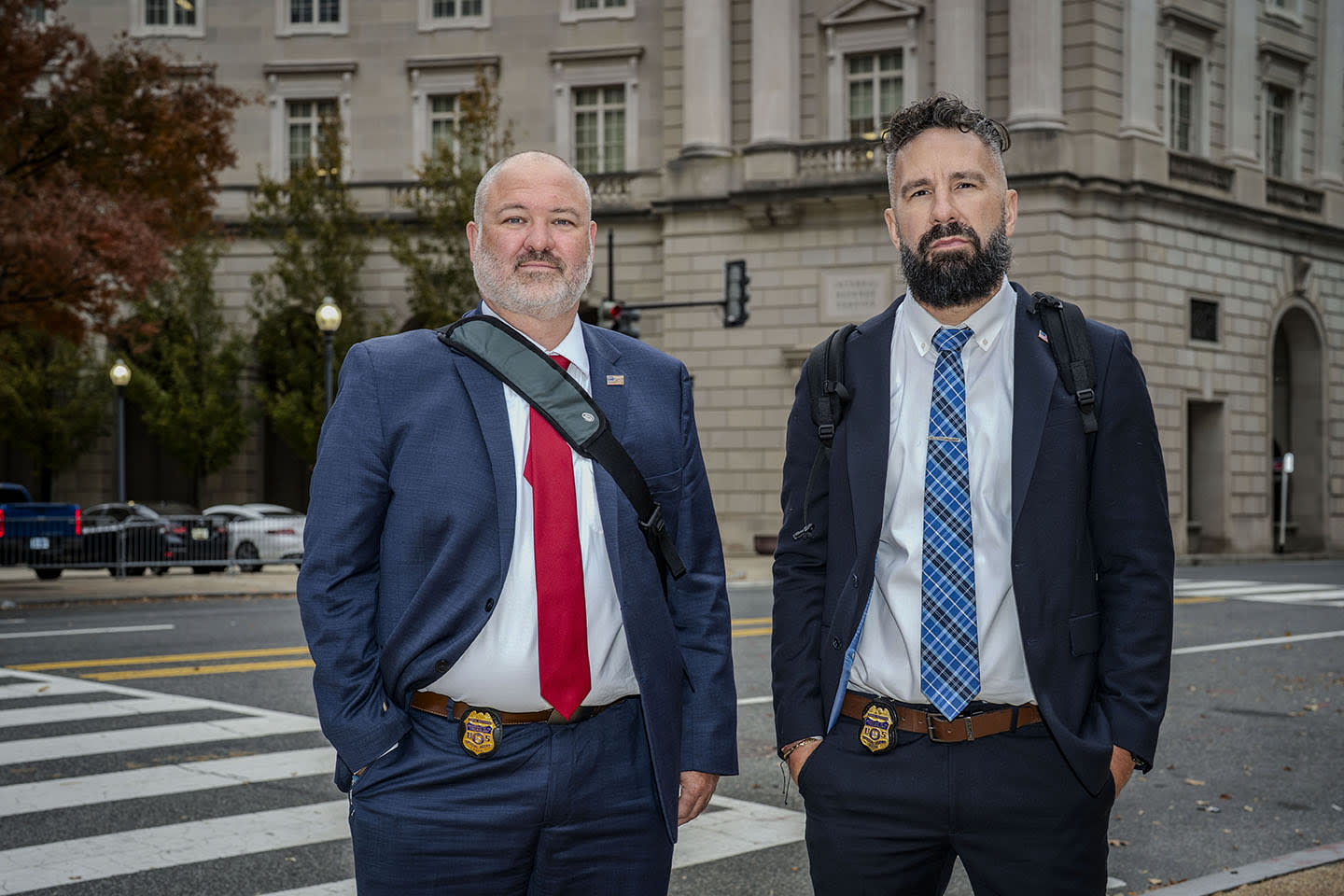Who qualifies for the IRS Fresh Start program?
Each year, millions of Americans fail to file or pay their federal taxes by the deadline, a decision that can lead to serious — and expensive — penalties. The IRS assesses billions of dollars in penalties to those who fail to comply with federal tax filing, reporting and payment requirements, and in some cases, the outcomes can also include criminal investigations. As a result, you may feel overwhelmed at the idea of dealing with your delinquent tax debt, especially if you've allowed the issue to compound over time.
But while taking care of old tax debt can be tough, the good news is that the Internal Revenue Service (IRS) offers programs designed to help taxpayers manage their obligations and get back on track financially. Among these initiatives, the Fresh Start program can be particularly valuable for those struggling with tax debt. Launched in 2011 and expanded several times since then, the goal of the Fresh Start program is to make it easier for taxpayers to settle their tax debts and avoid tax liens by offering various payment plan options.
Understanding whether you qualify for the IRS Fresh Start program is crucial to taking advantage of its benefits. Below, we'll explain who qualifies for the IRS Fresh Start program, as well as what other options are available to those with delinquent IRS debt.
Find out how to get rid of your delinquent tax debt now.
Who qualifies for the IRS Fresh Start program?
Before discussing qualifications, it's important to understand what the IRS Fresh Start program offers. Key features of the program include:
- Extended installment agreements: These agreements allow taxpayers to pay their debt over a longer period, typically up to 72 months, through manageable monthly payments and more flexible terms than standard payment plans.
- A higher tax lien threshold: Under the Fresh Start program, the IRS generally won't file a tax lien unless you owe more than $10,000, up from the previous threshold of $5,000.
- Offer in compromise (OIC) modifications: These modifications make it easier to settle tax debt for less than the full amount owed.
- More penalty relief options: These options can help reduce or eliminate certain penalties for taxpayers facing financial hardship or those who have consistently complied with tax obligations in the past.
The Fresh Start program's eligibility requirements vary depending on the specific payment solution you're seeking and eligibility primarily depends on your income level, tax debt amount and ability to pay. However, some general criteria for qualification include:
- Owing less than $50,000: The program is available to taxpayers with outstanding tax debts of $50,000 or less. If your debt exceeds this threshold, you may still qualify by paying down your balance to meet the requirement.
- Demonstrated financial hardship: Applicants must prove they are experiencing financial difficulties that prevent them from paying their tax debts in full. This may involve providing detailed financial documentation, including income, expenses and assets.
- Compliance with filing requirements: To qualify, you must be current with all tax filings. If you have unfiled returns, you will need to address them before applying for the program.
- Consistent payment history: Taxpayers who enroll in the program must agree to make timely payments on their reduced balance or installment agreements. A history of consistent payments improves your chances of approval.
- Self-employed income decline: Self-employed individuals must demonstrate a 25% decline in income to be eligible for certain program benefits, such as penalty relief.
Learn more about your tax relief options online now.
What other tax relief options do I have?
If you don't qualify for the Fresh Start program, a tax relief service can help you find alternative solutions for managing your tax debt, which could include:
- Custom installment agreements: The right tax relief service can negotiate installment terms, like longer payment periods or lower monthly payments than standard IRS agreements, based on your specific financial situation and ability to pay.
- Alternative OIC arrangements: The tax relief experts who work for these services understand how to present your financial situation effectively to maximize chances of acceptance.
- Penalty and interest abatement: Professional tax advocates know which penalties can be abated and how to document your case properly.
- Emergency collection relief: This can provide immediate relief from wage garnishments, bank levies or tax liens via temporary holds on collection activities while you're working on long-term solutions.
- Currently not collectible status and audit defense services: For those facing severe financial hardship or complex tax situations, a tax relief service can help document your case and represent your interests before the IRS.
The bottom line
Delinquent tax debt can feel insurmountable, but programs like the IRS Fresh Start initiative and other relief options can provide pathways to financial recovery. Whether you qualify for Fresh Start or pursue alternative methods, though, it's essential to take proactive steps to address your tax obligations. If you're unsure about your eligibility or the best course of action, consider consulting with a tax professional. Their expertise can help you navigate the complexities of IRS policies and identify the most suitable solution for your situation.




